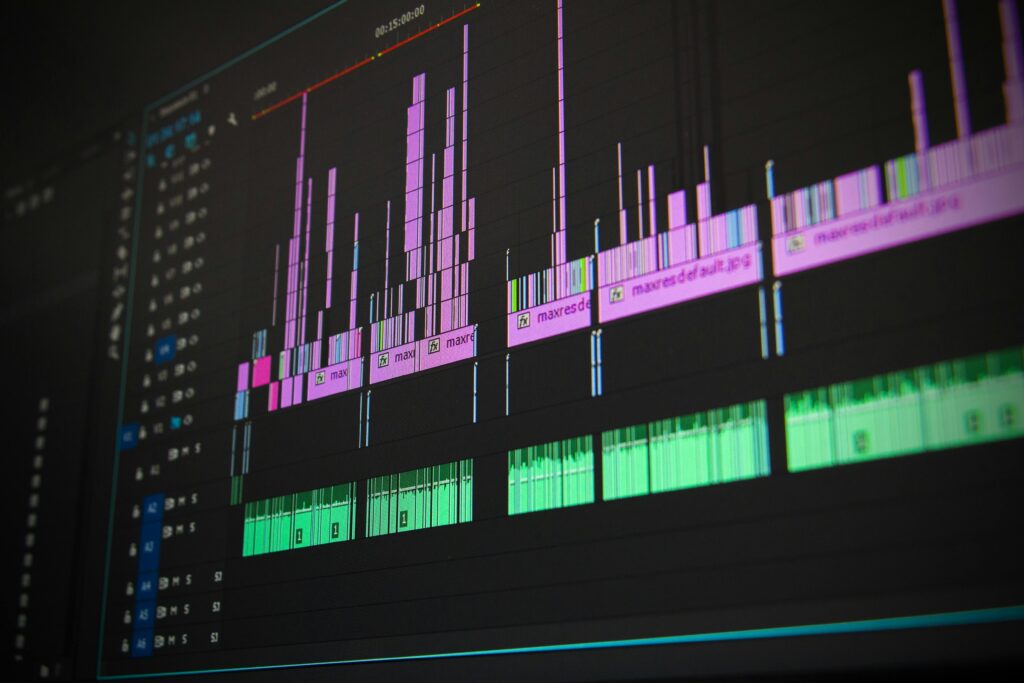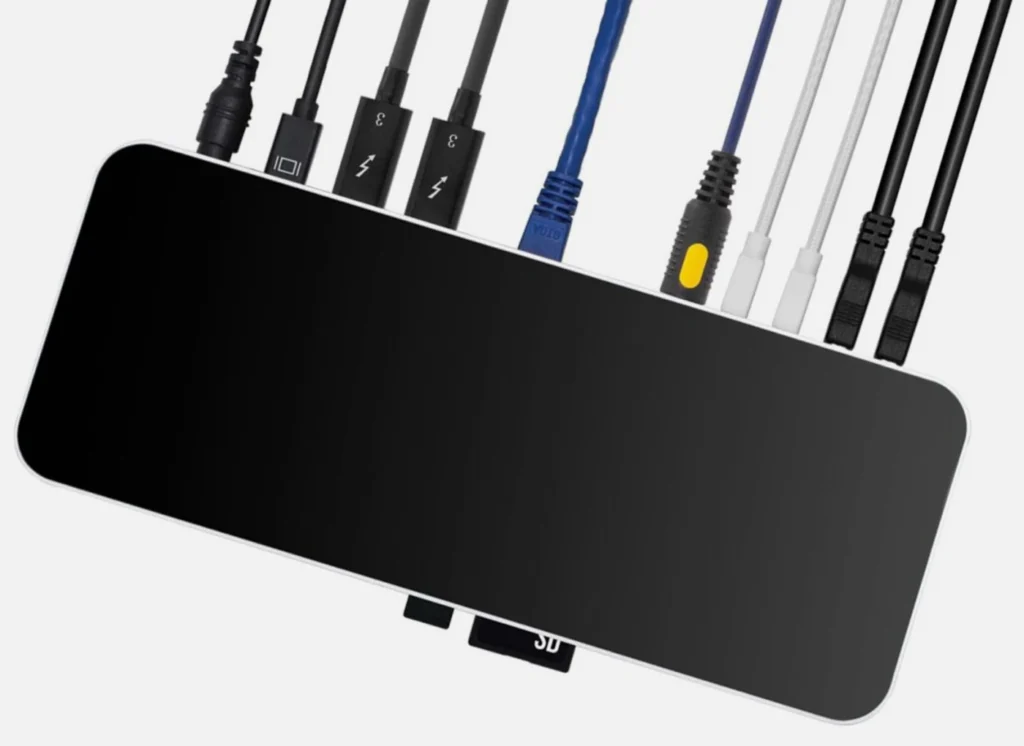Music has always been an integral part of human culture, serving as a form of expression, communication, and community building. Technological developments that have changed how music is produced, consumed, and experienced are intricately entwined with its evolution. This article discusses the key stages of this history, as well as the role that technology has had in shaping music as we know it.
The Industrial Revolution and Instrument Innovation
Significant technical innovations brought about by the Industrial Revolution affected many spheres, including music. New materials and manufacturing techniques allow instruments with better sound quality and playability to be produced. While brass and woodwind instruments experienced great refining, pianos became more reasonably priced and accessible. Thomas Edison’s phonograph, which let one record and play sound, also debuted during the era. This invention turned music from a live experience into a recorded form, therefore altering consumption of it. As records started to be sold commercially, people could now enjoy their preferred music at home, which helped them to start the music business. Recording performances transformed the interaction between performers and their listeners and made it possible to distribute music throughout many areas.
The Rise of Radio and Broadcast Music
The musical scene was once again changed when radio first emerged in the early 20th century. It made it possible for musicians to reach more people by means of mass broadcasting of their works, therefore providing a fresh venue. Genres like jazz and blues, which gained popularity among many different groups, emerged due to this media. Radio carried music into households, therefore promoting a common musical culture and impacting societal trends. Radio’s immediacy also made real-time audience participation possible as listeners could tune in to live events and find fresh musicians. This age confirmed the integration of music into daily life and established a long-lasting link between the consumption of music and technology.
The Birth of the Digital Age
The late twentieth century saw the move from analog to digital technology, ushering in a new age of music. More sound quality and durability than vinyl records or cassettes, the compact disc (CD) transformed music storage and playing. Along with this digital change, computers, and software intended for music composition and production emerged. With unheard-of accuracy and versatility, digital audio workstations (DAWs) let artists create, record, and edit music. As music production became more democratic, ambitious musicians could record professionally from their homes, therefore leveling the playing field in the music business. The development of MIDI (Musical Instrument Digital Interface) improved creative possibilities even further by enabling smooth communication between many instruments and software, hence extending the range of inspiration in music production.
The Evolution of Music Consumption Devices
Technological developments in audio equipment have led to a profound evolution in the way people listen to music. Every new technological advancement, from the first radios and gramophones to the portable Walkmans and iPods, has altered how people listen to music. With the advent of smartphones, everyone could now carry music around in their pockets and use music applications on a regular basis. Access to high-quality speakers and headphones has also increased, making for a better listening experience. Audiophiles can buy Focal audio gear, which is well-known for its exceptional performance, pushing the boundaries of sound quality and offering an unparalleled audio experience. Spoken-activated speakers and other smart home gadgets have simplified music access even more by allowing users to play their favorite songs with just a few spoken commands. The way that listening gadgets are ever evolving shows how much music permeates daily existence.
The Future of Music and Technology
The future of music seems almost infinite as technology develops. Artificial intelligence (AI) and other innovations are starting to be quite important in music production and development. Pushing the frontier of creativity, artificial intelligence systems can examine past music to create fresh songs or help in songwriting. Furthermore, developments in augmented reality (AR) and virtual reality (VR) present interesting opportunities for immersive musical experiences, therefore enabling audiences to interact with music in quite different ways. Blockchain technology is also becoming popular for music rights management as it guarantees fair pay and gives musicians more control over their work.
Conclusion
The changing nature of music is evidence of the dynamic interaction between human creativity and technical invention. Every technical development has presented fresh chances for expression, interaction, and connection, thereby transforming the musical experience throughout centuries and between civilizations. Music has evolved and changed to suit the mood of the times, from the first instruments to the digital era. The future of music seems to be equally as colorful and varied as technology develops, opening the path for fresh kinds of musical expression that will appeal to listeners for years to come.
- 5 Modern Computer Safety Tips You Should Know About - December 17, 2024
- A Day in the Life of an App Developer - October 24, 2024
- Tech and Marketing: How Industries Collide - October 11, 2024




Pingback: Evolution of Music Timeline: Vinyl Records to Digital Streaming